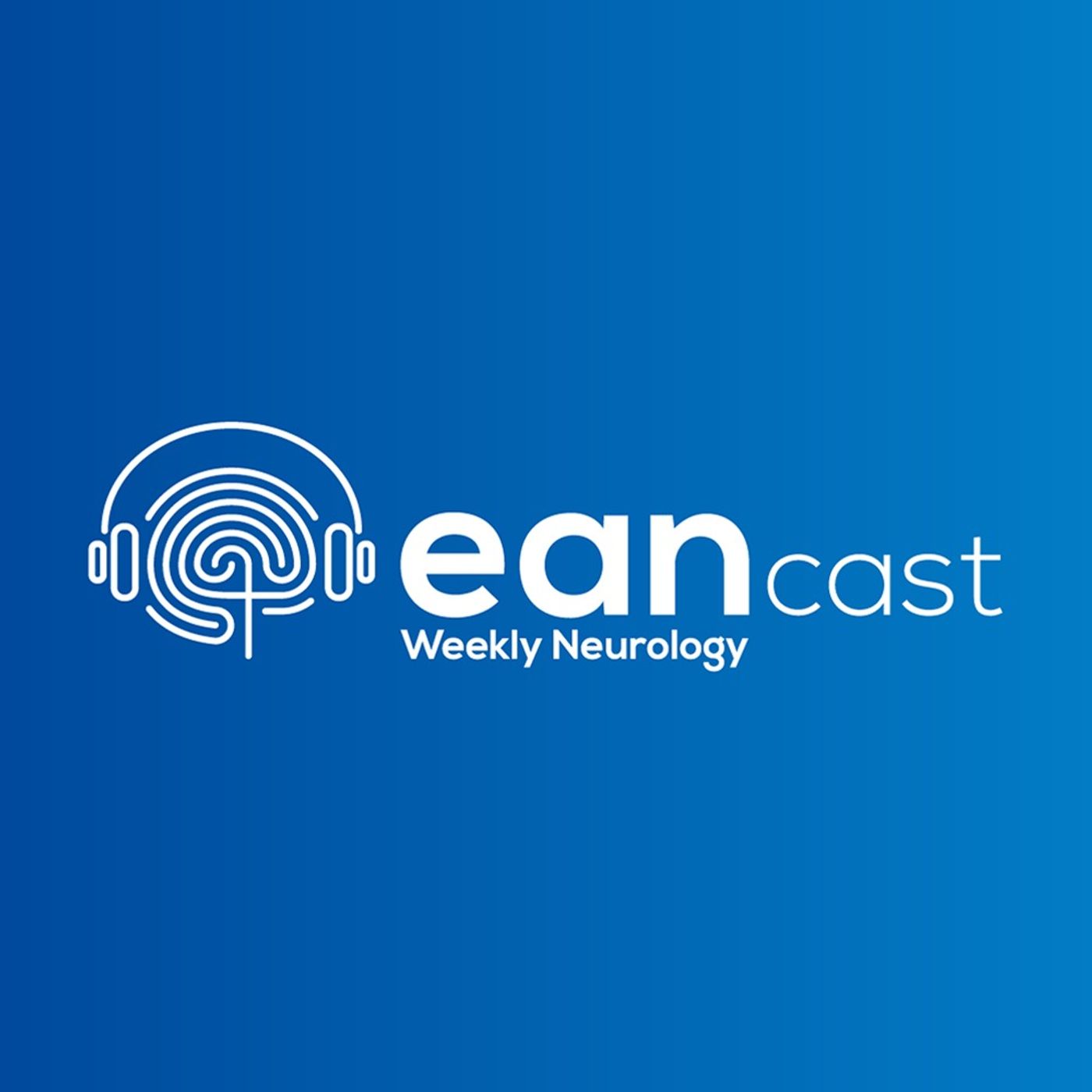
Ep. 93: How to untangle the diagnostic complexity of Chorea
In this episode Iva Stankovic hosts Alessio Di Fonzo to discuss how to diagnose chorea and how to approach differential diagnosis to entangle the etiology of chorea.

In this episode Iva Stankovic hosts Alessio Di Fonzo to discuss how to diagnose chorea and how to approach differential diagnosis to entangle the etiology of chorea.

Moderator: Yildiz Degirmenci (Istanbul, Turkey)
Guest: Vladimira Vuletic (Rijeka, Croatia)
In this episode Yildiz Degirmenci and Vladimira Vuletic cover the approach to dystonia emergencies. Dystonia, marked by muscle contractions and abnormal movements, can be triggered by medications like antipsychotics. Management includes stopping triggering drugs and using medications like diphenhydramine. Status dystonicus, a severe form, requires intensive care with oxygen or ventilation. Primary and secondary dystonias are prone to this condition, possibly needing medication adjustments or deep brain stimulation. They stress the significance of patient history for precise diagnosis and treatment.

Moderator: Yildiz Degirmenci (Istanbul, Turkey)
Guest: Christos Ganos (Berlin, Germany)
Yildiz Degirmenci hosts a discussion with Christos Ganos, a movement disorder specialist, about ticks and Tourette syndrome. They delve into the definition of ticks, discuss diagnostic criteria, and differentiate between primary and functional tic disorders. The conversation also covers treatment options, including psychoeducation, psychological interventions like cognitive behavioral therapy, pharmacological treatments such as antipsychotics, and invasive neuromodulation methods.

Moderator: Rolf Fronczek (Leiden, The Netherlands)
Guest: Marina Tüzün (Bern, Switzerland)
Rolf Fronczek and Marina Tüzün discuss the Burden of Sleep Disorders Project, targeting daytime sleepiness and insomnia across Europe. They emphasize primary care collaboration for effective management, including patient perspectives and long-term follow-ups. Dr. Tüzün's personal interest in sleep research drives her involvement, inviting listeners to stay updated on the project's progress.

Moderator: Francesco Di Lorenco (Rome, Italy)
Guest: Dag Aarsland (London, United Kingdom)
Francesco Di Lorenco and Prof. Dag Aarsland discuss managing behavioral symptoms in dementia, highlighting the burden on patients and families. They stress the importance of timely treatment and challenges in diagnosis. They mention brexpiprazole's FDA approval for Alzheimer's agitation and the need for careful monitoring. Early detection of psychiatric symptoms in neurological diseases is crucial, but distinguishing between disorders is challenging. Therapeutic options like clozapine and cholinesterase inhibitors are mentioned, calling for more research and collaboration.

Moderator: Massimo Filippi (Milan, Italy)
Guest: Federica Agosta (Milan, Italy)
In this week’s episode Prof. Massimo Filippi and Prof. Federica Agosta discuss frontotemporal dementia (FTD) emphasizing the role of neuroimaging (MRI and FDG PET) in early diagnosis. They highlight MRI for identifying crucial patterns and FDG PET for detecting metabolic changes. Early detection is crucial for future treatments. Connectomics, studying brain networks, aids in predicting FTD progression. Emerging PET tracers, like UCBJ, show promise for early neurodegeneration markers. The episode is a valuable resource for neurologists interested in FTD diagnostics and monitoring.

Moderator: Youssuf Saleh (Oxford, United Kingdom)
Guest: Sebastiaan Engelborghs (Brussel, Belgium)
Youssuf Saleh interviews Prof. Sebastiaan Engelborghs on Alzheimer's biomarkers, focusing on amyloid and tau. They discuss diagnostic challenges, the need for prognostic markers, and potential serum markers like neurofilament light. Engelborghs highlights Alzheimer's complexity and the role of omics studies in patient subpopulations. The interview concludes with optimism for blood-based biomarkers revolutionizing diagnosis in the next five years, contingent on clinical validation and evolving therapies.

Moderator: Svetlana Tomic (Osijek, Croatia)
Guest: Veronica Cabreira (Edinburgh, United Kingdom)
In this episode of eanCast, Prof. Svetlana Tomic and Dr. Veronica Cabreira delve into the definition functional cognitive impairment. This disorder, affecting a significant number of patients at memory clinics, is marked by severe attention and concentration issues, and excessive self-monitoring of cognitive performance. Diagnosis hinges on cognitive symptoms, distress, and internal inconsistency. Treatments range from explaining the diagnosis to cognitive restructuring, cognitive behavioral therapy, and managing comorbidities.

Moderator: Federica Montagnese (Munich, Germany)
Guest: John Vissing (Copenhagen, Denmark)
In this week's episode, Federica Montagnese hosts Professor John Vissing as they delve into the intricate world of diagnosing muscular dystrophies. The discussion revolves around the crucial role of neuromuscular examinations and the significance of medical history, including school performance. Specific signs like myotonia and facial signs are explored, alongside the evolving landscape of genetic testing, advanced imaging techniques (MRI and ultrasound), and the potential of artificial intelligence in diagnostics. The speakers also touch on extra-muscular manifestations, expanding the understanding of these conditions.

Moderator: Gabriele Siciliano (Pisa, Italy)
Guest: Antonio Toscano (Messina, Italy)
Prof. Antonio Toscano is hosted by Prof. Gabriele Siciliano as he emphasizes the enduring significance of muscle biopsy in diagnosing neuromuscular disorders, particularly in cases of progressive muscle weakness. The episode stresses the need for a comprehensive diagnostic strategy, combining genetic testing with muscle biopsy, guided by clinical and imaging assessments. Overall, the episode underscores the continued importance of muscle biopsy for a thorough understanding of muscular dystrophies.